In Two New Studies, Scientists See Signs of Fundamental Climate Shifts in Antarctica – Inside Climate News
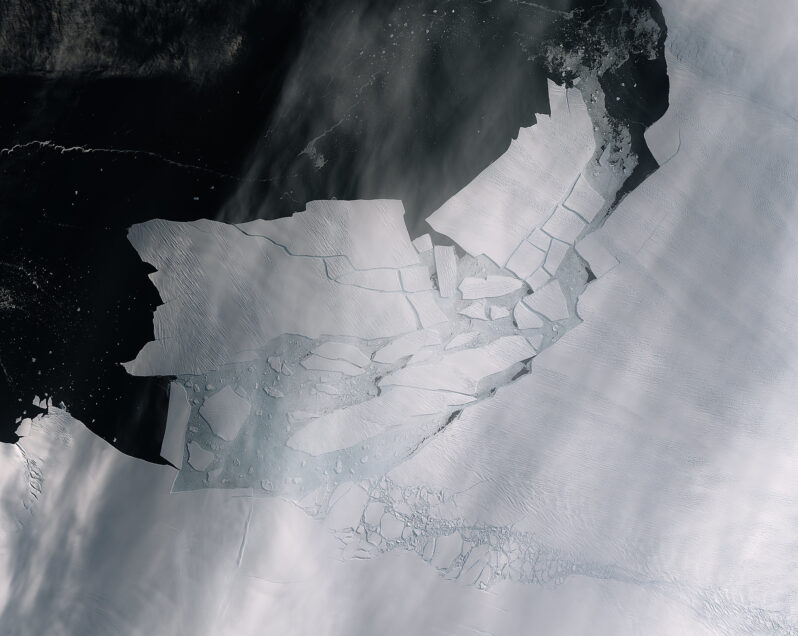
A steep decline of Antarctic sea ice may mark a long-term transformation in the Southern Ocean, and seawater intrusions beneath the Thwaites Glacier could explain its melting outpacing projections…
What the Melting of Antarctic Ice Shelves Means for the Planet – Inside Climate News
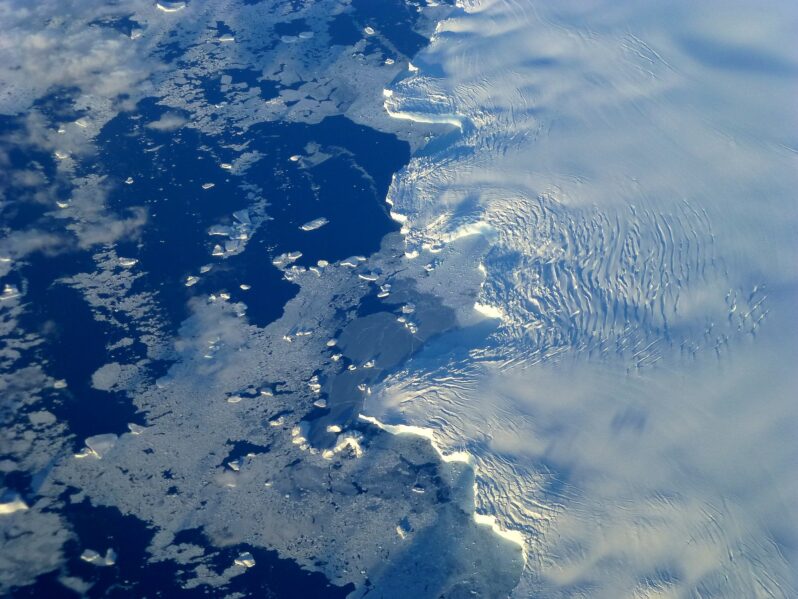
Antarctica’s ice shelves are the gatekeepers between the continent’s glaciers and the open ocean. As the planet warms, these shelves shrink, exposing more and more ice, which leads to more melting. This frozen continent rests under a massive ice sheet averaging more than a mile thick. But a recent study in Science Advances found that Antarctica had 68 ice shelves that shrunk significantly between 1997 and 2021, adding up to about 8.3 trillion tons lost during that time…
Northern Manhattan Wetland Faced with Climate-Change-Induced Erosion is Reimagined – Inside Climate News
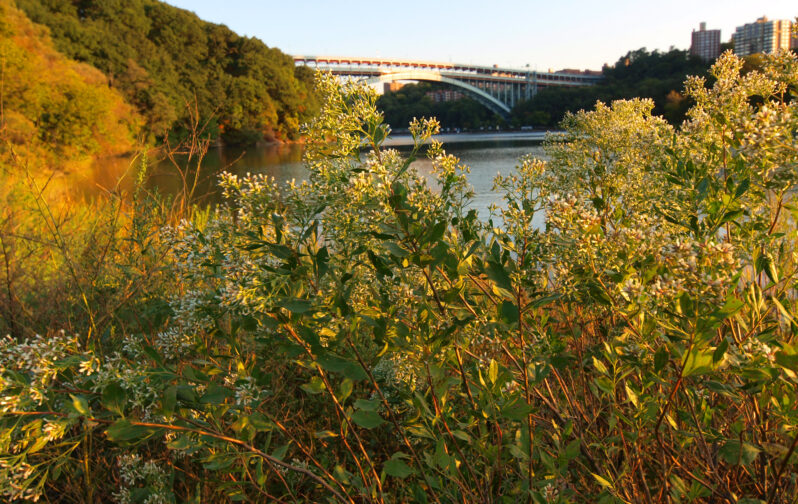
When the New York Restoration Project first started working in the late 1990s to clean the unnamed shoreline along the Harlem River in northern Manhattan, the intertidal mudflat and wetlands weren’t just a neglected area, but a former illegal dumping ground. How the cove, the largest wetland left in Manhattan, has become a bountiful greenspace where migrating birds, crabs, tadpoles and toads are all thriving, despite the existential threat posed by climate change in shoreline communities, is a story of robust community involvement and skillful coastline management…
The ‘Sisyphus of Trash’ Struggles to Clean Relentless Waves of Plastic From a New York Island’s Beaches – Inside Climate News
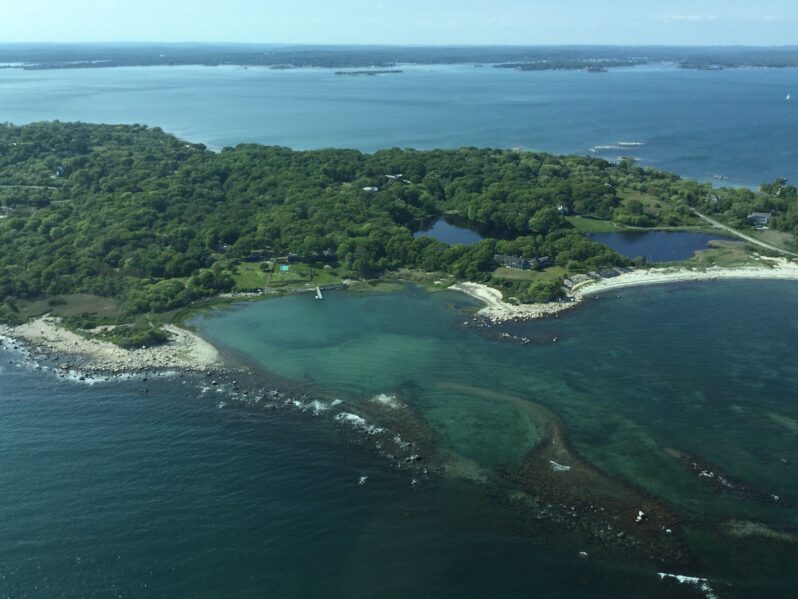
Michele Klimczak’s passion for cleaning the beaches of Fishers Island led to a full-time, year-round job, but she still can’t keep up with the flood of plastic waste.
In just three years, Michele Klimczak has picked, hauled, weighed, documented and sorted more than 32,000 pounds of garbage from the shores of Fishers Island, New York. She finds plastics stamped with product expiration dates going back two decades washed up all around the roughly four square mile stretch of land in the Long Island Sound…
Students and Faculty at Ohio State Respond to a Bill That Would Restrict College Discussions of Climate Policies – Inside Climate News

Keely Fisher chose to pursue her Ph.D. at Ohio State University because she wanted to learn about climate change from a world-class faculty. Now one year into her program, she wonders if she belongs here.The problem has nothing to do with Ohio State and everything to do with the Ohio General Assembly and a proposal that would regulate higher education. The wide-ranging bill includes a provision that designates climate policy as a “controversial belief or policy” and says faculty must “encourage students to reach their own conclusions…
Restoring Seabird Populations Can Help Repair the Climate – Inside Climate News
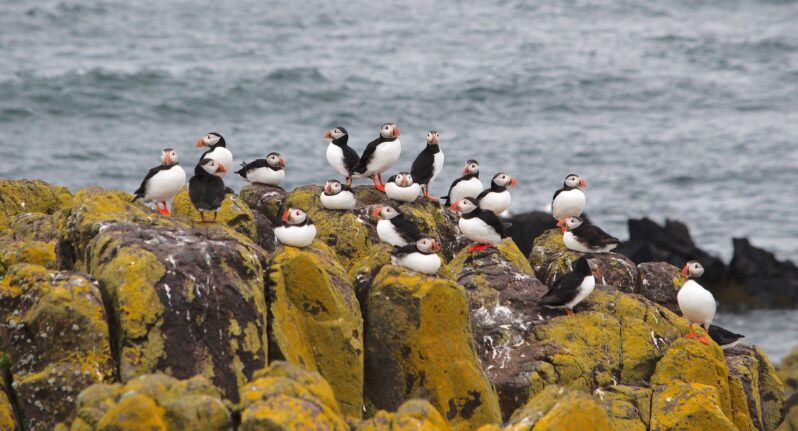
The number of ocean going birds has declined 70 percent since the 1950s. New research shows how projects bringing them back can also bolster ocean ecosystems that sequester carbon.
Seabirds evolved about 60 million years ago, as Earth’s continents drifted toward their current positions and modern oceans took shape. They spread across thousands of undisturbed islands in the widening seas. And as flying dinosaurs and giant omnivorous sea reptiles died out, seabirds also started filling an ecological niche as ecosystem engineers…
From Gas Wells to Rubber Ducks to Incineration, the Plastics Lifecycle Causes ‘Horrific Harm’- Inside Climate News

With plastic production expected to triple by 2060, a scientific commission this week recommended banning or severely restricting the manufacture and use of unnecessary plastics.
Plastic causes illness and death across its lifecycle, from production to use and disposal, a team of nearly 50 scientists concludes in a report made public Tuesday…
Climate Change Enables the Spread of a Dangerous Flesh-Eating Bacteria in US Coastal Waters, Study Says – Inside Climate News
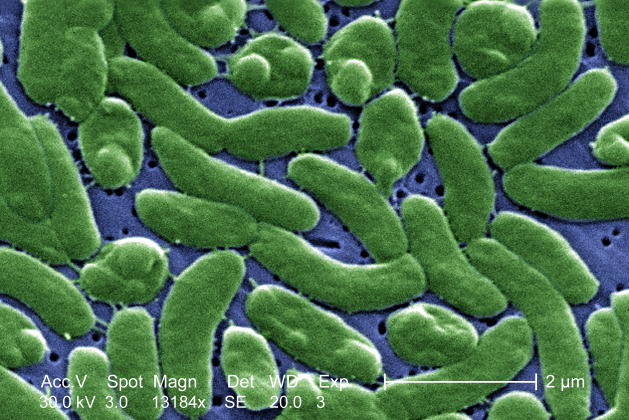
Cases of a potentially fatal infection from a seawater-borne pathogen have increased off the U.S. Atlantic coast as ocean waters warmed over the last 30 years, and are expected to rise further in future because of climate change, according to a study published on Thursday by Scientific Reports, an open-access journal for research on the natural sciences and other topics…
New York City Begins Its Climate Change Reckoning on the Lower East Side, the Hard Way – Inside Climate News

The city redesigned much of a $1.5 billion floodwall project along the East River without any community input, shattering trust. Now, New York is pursuing similar climate resiliency projects in Manhattan that Mayor Eric Adams calls “complex, novel and unparalleled compared to any other American city…”
